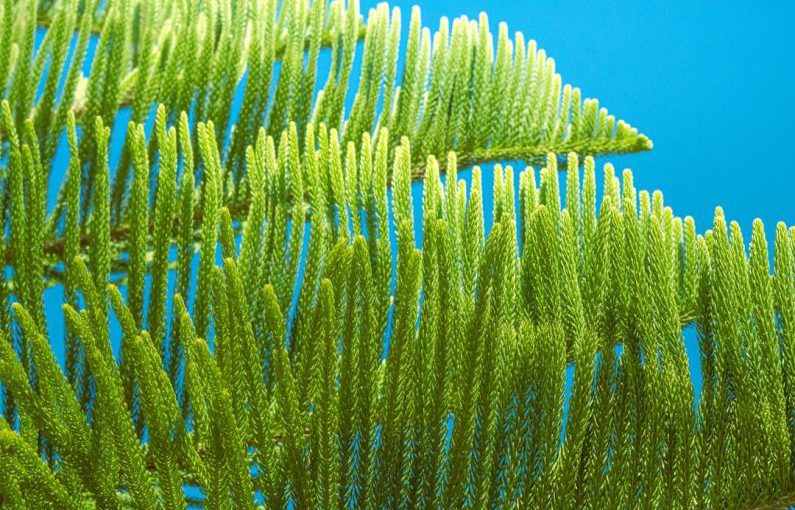Water conservation in agribusiness is a critical issue that cannot be overlooked. As the global population continues to grow, the demand for food production is also on the rise, putting significant pressure on water resources. In this context, innovative approaches are essential to ensure sustainable water use in agriculture. By implementing advanced techniques and technologies, agribusinesses can not only reduce water wastage but also improve crop yields and overall efficiency. Let’s explore some of the innovative approaches that are being adopted to address water conservation in agribusiness.
Precision Irrigation Systems
One of the most effective ways to conserve water in agribusiness is through the use of precision irrigation systems. These systems utilize sensors and data analytics to precisely deliver the right amount of water to crops based on their specific needs. By avoiding overwatering and ensuring that plants receive just the right amount of moisture, precision irrigation systems help in conserving water while promoting optimal growth. This approach not only saves water but also enhances crop quality and yield.
Drip Irrigation
Drip irrigation is another innovative approach that is gaining popularity in agribusiness for water conservation. Unlike traditional overhead sprinkler systems, drip irrigation delivers water directly to the roots of plants in a controlled manner. This targeted approach minimizes water wastage due to evaporation and runoff, making it a highly efficient method for water conservation. Drip irrigation can be customized to suit different types of crops and soil conditions, ensuring that water is used sparingly and effectively.
Rainwater Harvesting
Rainwater harvesting is a sustainable practice that can significantly contribute to water conservation in agribusiness. By collecting rainwater from roofs and other surfaces, farmers can store and use this water for irrigation purposes. Rainwater harvesting reduces the reliance on groundwater and surface water sources, helping to conserve valuable water resources. Additionally, rainwater is free from salts and other contaminants, making it a suitable alternative for irrigation in many agricultural settings.
Soil Moisture Monitoring
Monitoring soil moisture levels is crucial for efficient water management in agribusiness. By using advanced sensors and monitoring tools, farmers can track the moisture content of the soil in real-time and adjust irrigation schedules accordingly. This proactive approach helps in preventing both under and overwatering, optimizing water use and promoting healthy plant growth. By only watering when necessary, farmers can conserve water resources and reduce unnecessary costs associated with water usage.
Cover Crops and Mulching
Cover crops and mulching are sustainable practices that can help in water conservation in agribusiness. Cover crops are planted to protect and improve the soil, reducing water runoff and erosion. Mulching involves covering the soil with organic materials to retain moisture, suppress weed growth, and regulate soil temperature. Both cover crops and mulching contribute to soil health and water conservation by enhancing water retention and reducing the need for excessive irrigation. These practices also promote biodiversity and overall sustainability in agriculture.
Innovative Approaches for a Sustainable Future
The adoption of innovative approaches for water conservation in agribusiness is crucial for ensuring a sustainable future for agriculture. By implementing precision irrigation systems, drip irrigation, rainwater harvesting, soil moisture monitoring, cover crops, and mulching, farmers can enhance water efficiency, reduce environmental impact, and improve overall productivity. These innovative approaches not only benefit the environment but also contribute to the long-term viability of agribusiness operations. As the demand for food continues to increase, it is imperative that agribusinesses embrace these innovative practices to conserve water resources and promote sustainable agriculture.





